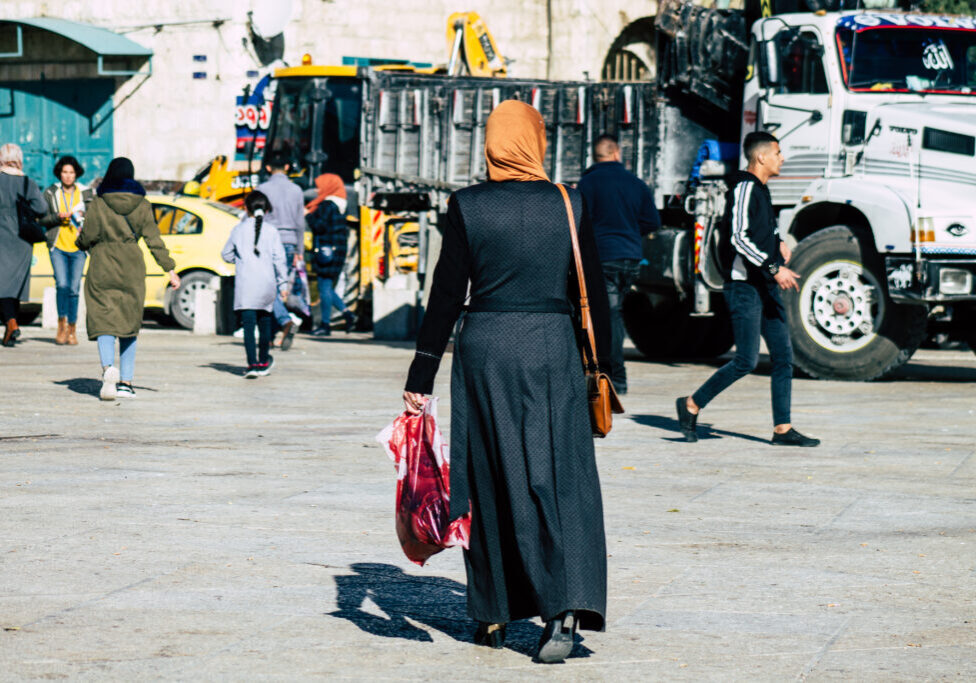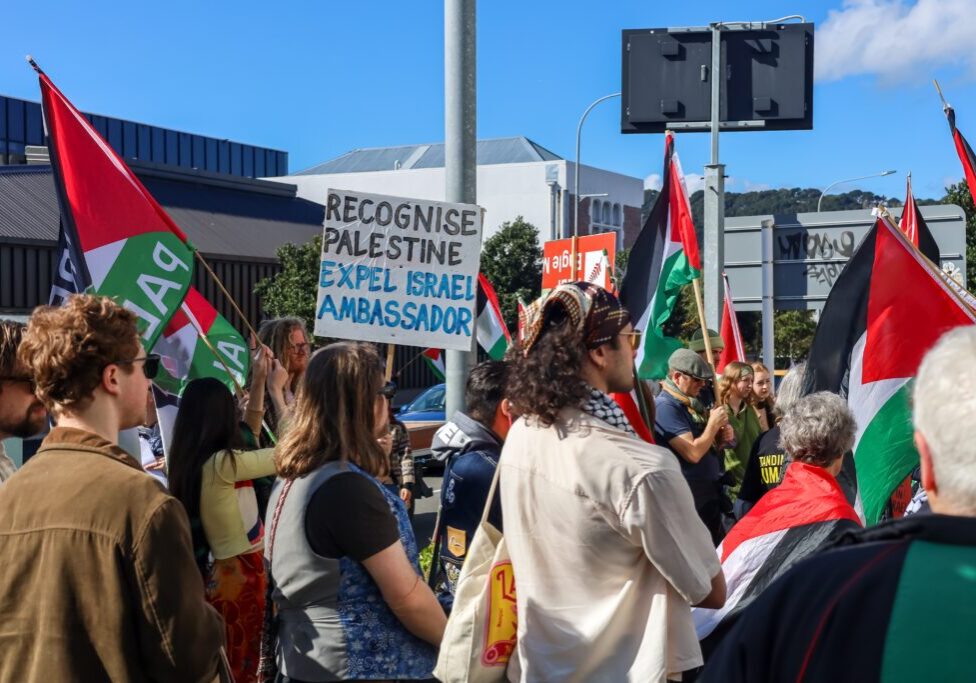Australia/Israel Review
Deconstruction Zone: What Palestinians Really Want
Sep 18, 2015 | David Pollock
David Pollock
The long-term Palestinian political perspective has long been a subject of much polemical speculation – but without much evidence on either side. Do most Palestinians hope for a small state of their own at peace with Israel, or do they still aspire to reclaim all of Palestine someday? Now an actual survey, conducted by the Palestinian Centre for Public Opinion in the West Bank and Gaza from June 7 to 19, provides some solid answers to this intriguing question. The survey was based on personal interviews with a representative, geographic probability sample of 504 West Bankers and 413 Gazans, yielding a statistical margin of error of approximately 4.5% in each area.
Overall, responses demonstrate a dichotomous set of attitudes: some tactical flexibility towards Israel today, but much potential for irredentism in the future. Tactical flexibility appeared even on recognition of “the Jewish people,” or restrictions on the Palestinian refugee “right of return”. One other important sign of short-term pragmatism is a willingness among approximately half the Palestinian public, both in the West Bank and in Gaza, to share sovereignty over Jerusalem with Israel. Another sign of tactical flexibility is that among West Bankers, the large majority (79%) say that, “in the current situation,” they would like a highway through that territory which bypasses Jerusalem altogether.
For the longer term, however, many Palestinians have a much more maximalist orientation. Unlike other surveys, this survey asked about three different time frames: the next five years, the coming thirty to forty years, and the distant future a hundred years from now. The results are instructive, suggesting a widespread expectation of “two stages” rather than “two states” in the long term.
Even in the next five years, a plurality pick “reclaiming all of historic Palestine from the river to the sea,” rather than “a two-state solution” as the “main Palestinian national goal.” In the West Bank, the margin is 41% vs. 29%; in Gaza, surprisingly, the margin is much closer, with 50% opting for all of Palestine, compared with 44% in favour of a two-state solution. But the difference is largely accounted for by a third option: a “one-state solution in all of the land in which Palestinians and Jews have equal rights.” Among West Bankers, 18% select that option; among Gazans, just 5% do.
From a normative perspective, too, Palestinian attitudes are clearly maximalist. In the West Bank, 81% say that all of historic Palestine “is Palestinian land and Jews have no rights to the land.” In Gaza, that proportion is even higher: 88%.
Looking ahead to the next generation, only one-fourth of Palestinians in either the West Bank or Gaza expect Israel to “continue to exist as a Jewish state” in thirty to forty years. Another quarter think Israel will become “a bi-national state of Jews and Palestinians.” And 38% of West Bankers, along with 53% of Gazans, think Israel will no longer exist at all, even as a binational state. That group is about evenly split between those who predict that Israel “will collapse from internal contradictions” or that “Arab or Muslim resistance will destroy it.”
As for the really long-term view, a century away, a mere 12% of West Bankers and 15% of Gazans say Israel will still exist then as a Jewish state. In the West Bank, a plurality (44%) think Israel will either collapse or be destroyed, although 20% quite reasonably say they don’t know what will happen in a hundred years. In Gaza, an absolute majority (63%) anticipate the destruction or collapse of Israel within that distant horizon.
For policymakers on all sides, these bifurcated attitudes present both an opportunity and a severe challenge. The opportunity is to take advantage of current tactical flexibility in order to take steps toward peaceful coexistence, and perhaps ultimately towards conflict resolution. The evidence from east Jerusalem respondents in this same poll is that practical, mutually beneficial working relations with Israelis tend to produce more moderate attitudes. On questions of Israel’s longevity, Jewish rights to the land, and others, those 300,000 Palestinians are much more conciliatory than their 4 million or so compatriots in the West Bank and Gaza.
The severe challenge, however, is that given these attitudes about the long-term future, there is good reason to wonder if any “final status” agreement will ever truly be final. Of course, attitudes may well change significantly over such a long period, either for better or for worse. But that is why, in applying the widely accepted principle of “land for peace,” responsible policymakers should pay at least as much attention to practical ways of keeping the peace – even after a compromise agreement over this disputed land.
David Pollock is the Kaufman Fellow at The Washington Institute and Director of the Fikra Forum. © Washington Institute, reprinted by permission, all rights reserved.
This article is featured in this month’s Australia/Israel Review, which can be downloaded as a free App: see here for more details.
Tags: Palestinians






